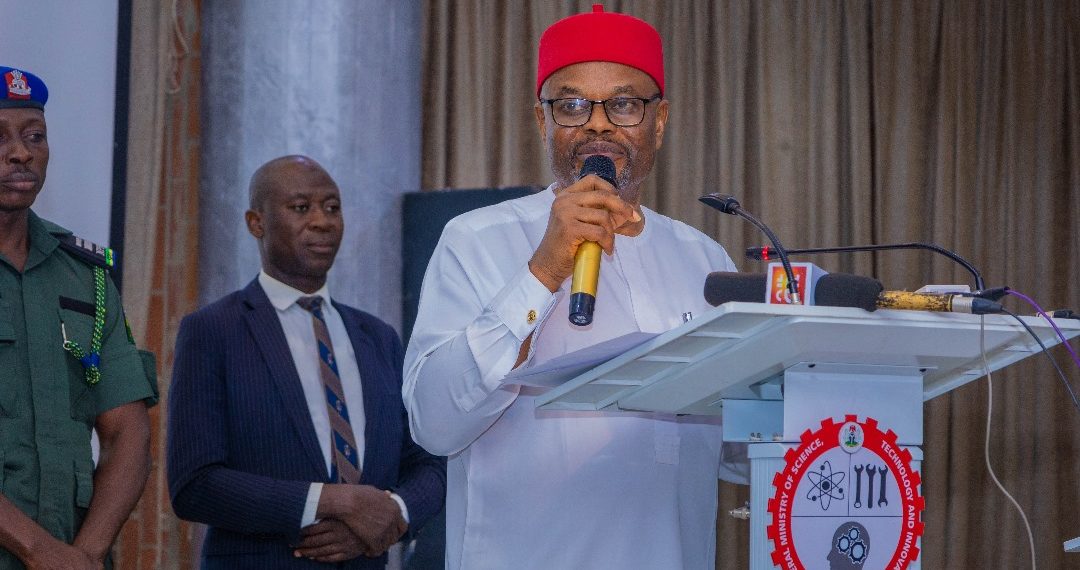The Director-General of the Raw Materials Research and Development Council (RMRDC), Professor Hussaini Doko Ibrahim, has called for an urgent and strategic reduction of Nigeria’s dependence on imported raw materials, stating that cutting imports by at least 60 percent is critical for the survival and long-term growth of the country’s manufacturing sector.
Speaking in Abuja during an industry engagement session with stakeholders, Professor Ibrahim stressed that Nigeria’s over-reliance on foreign raw materials has continued to weaken the local manufacturing base, drain foreign exchange, and expose the economy to external shocks. He argued that if the country must achieve sustainable industrialisation, the immediate priority must be to substitute imported raw inputs with locally available alternatives.
According to the RMRDC boss, Nigeria currently spends billions of naira annually importing raw materials that could be sourced or processed domestically. He cited sectors such as pharmaceuticals, textiles, food and beverages, and chemicals as areas where import substitution is both possible and necessary. He noted that the council has already developed several research-backed initiatives to support industries in adopting home-grown raw materials.
Professor Ibrahim explained that achieving the 60 percent reduction target would not only stimulate local production and create jobs but would also foster technological innovation and value addition across various industries. He further emphasized that local sourcing would help in stabilising production costs, insulating manufacturers from volatile foreign exchange rates, and ultimately leading to more competitive Nigerian products in the regional and global markets.
He called on the federal and state governments, as well as private sector actors, to invest in raw materials development, research and processing infrastructure. He also advocated stronger policy enforcement to compel industries to increase the percentage of local content in their production chains.
The RMRDC DG concluded that Nigeria’s journey to industrial self-reliance depends heavily on bold and deliberate actions to reduce the country’s raw material import burden. He maintained that with the right political will and stakeholder collaboration, Nigeria can build a resilient manufacturing ecosystem that supports inclusive economic development.



